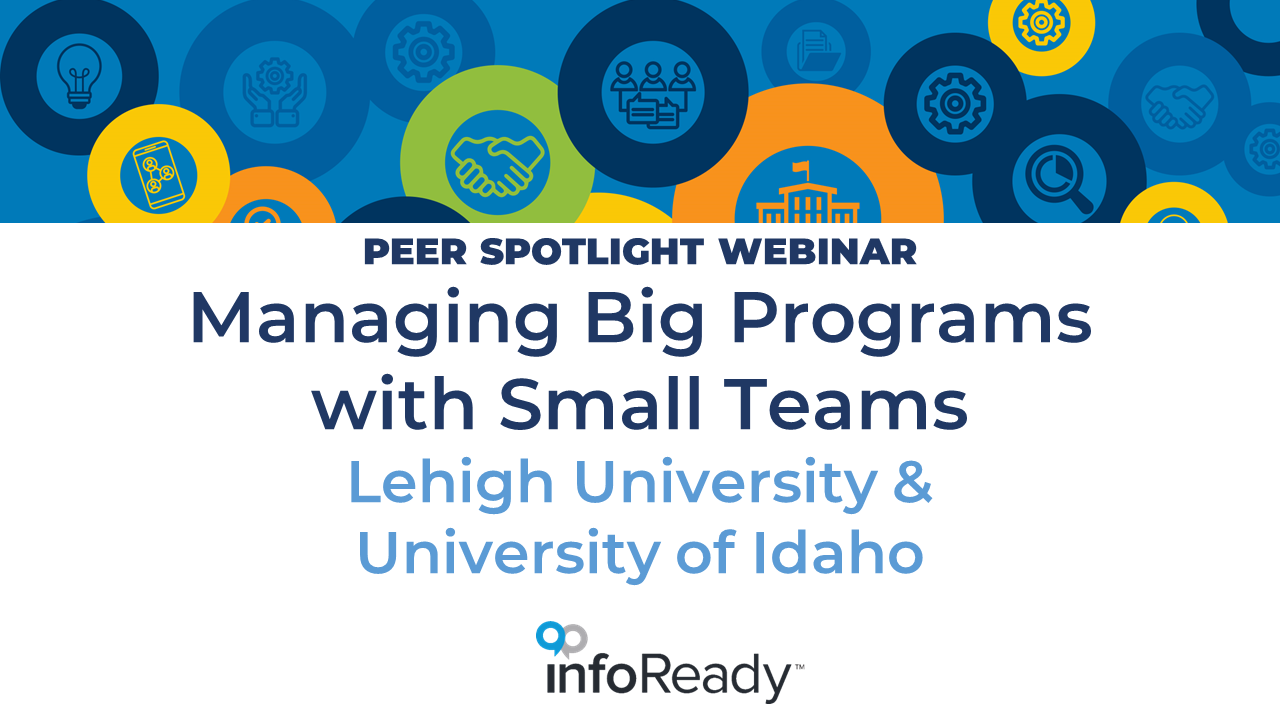Automating Clinical Translational Science Research for Speed, Efficiency, & Accuracy: The University of Michigan MICHR Story
The Clinical and Translational Science Awards (CTSA) Program sponsored by the National Institutes of Health (NIH) supports a national network of medical research institutions — called Hubs – that work together to improve the translational research process in getting more treatments to more patients more quickly.
The Clinical and Translational Science Awards (CTSA) Program sponsored by the National Institutes of Health (NIH) supports a national network of medical research institutions — called Hubs – that work together to improve the translational research process in getting more treatments to more patients more quickly.
It’s not just the process, it’s the speed of the process
To accelerate research and make a difference in patients' lives, Shannon Marshall and her colleagues at the University of Michigan's MICHR (Michigan Institute for Clinical & Health Research) are tasked with a range of objectives, including educating, funding, and supporting researchers. However, what sets them apart is their focus on speed in translating promising science into effective treatments. When Shannon joined MICHR in 2010, she faced challenges with manual application processing. While transitioning to Google Forms helped, the issue of mailed applications and manual compilation for the review process remained unresolved.
Reaching the limits of manual processing
With four distinct MICHR programs available, the number of awards funded since 2006 is substantial. However, the manual administrative tasks placed a limit on clinical translational science acceleration. After partnering with InfoReady, Shannon adopted the platform, resulting in faster processing, fewer errors, and streamlined admissions and review processes. InfoReady acts as a one-stop shop, allowing for the collection of all applications in one place and electronic review of submissions. No more downloading, bundling, and rebuilding materials to third-party sites.
Mapping the Process
Using InfoReady, Shannon maps the process for KL2 and PTSP career development programs. After applications are submitted, Shannon checks for completeness and flags incomplete applications. Approved applications move on to a scientifically oriented analysis by multiple reviewers, with the final selection made by the MICHR Review Committee.
Reviewer recruitment strategies
Recruiting reviewers is a challenging aspect of the process. Applicants are asked to recommend potential reviewers based on scientific merit. Guidelines have been developed to ensure unbiased and professional reviews, including avoiding conflicts of interest. The review process requires a significant time commitment, including reading all submissions, attending meetings, and discussing middle-tier submissions. Career development merit and the strength of the mentoring team are also considered.
The value of InfoReady in achieving MICHR process objectives
MICHR's submission and review process, including sending reviewer feedback through InfoReady, is robust, efficient, error-free, and saves administrative time. InfoReady has enabled this level of robustness and efficiency, making it an essential tool for the speed and quality required in clinical translation science. The combination of MICHR's processes and InfoReady capabilities is a winning team.




